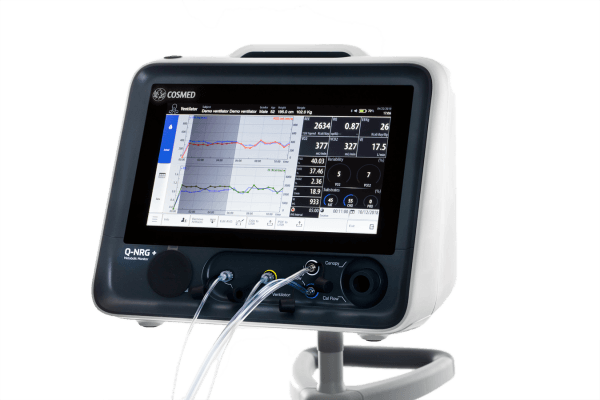
Baxter International, a clinical nutrition company, and metabolic systems designer COSMED have signed an agreement to commercialise the latter’s Q-NRG+ monitoring device.
Through the agreement, Baxter intends to introduce Q-NRG+ in 18 key countries with plans for further expansion. Terms of the agreement were not disclosed.
Baxter is expected to roll out Q-NRG+ in select European countries and Canada and Australia under a phased launch in September. It is also planning to launch in additional markets subject to future regulatory approval.
Q-NRG+ uses indirect calorimetry technology (IC), a gold standard to measure the accurate resting energy expenditure (REE) that indicates calorie needs of a patient at rest.
Baxter clinical nutrition business general manager Jorge Vasseur said: “For critically ill patients, energy needs can vary dramatically, and traditional ways of predicting these needs may result in under-feeding or over-feeding patients.
“The introduction of Q-NRG+ represents the next generation of IC technology, enabling individualized metabolic measurements and helping clinicians optimise nutrition therapy in support of improved outcomes for patients.”
Q-NRG+ is designed to rapidly and precisely measure a patient’s REE
The company said that the Q-NRG+ is used by clinicians to determine energy targets and prescribe and administer the appropriate nutrition therapy for their patients, which may include parenteral nutrition.
In addition, Q-NRG+ can also be used by clinicians to regularly reassess energy needs and adjust clinical nutrition prescriptions, ensuring the optimal prescription of nutrition for patients while they’re in hospital.
Q-NRG+ is a flexible, portable and easy to use device that requires minimal warm-up and calibration time, and delivers readings in as few as five minutes, displayed in real-time through a user-friendly dashboard on the device’s screen.
COSMED CEO Marco Brugnoli said: “Indirect calorimetry is a validated and well-known technology for measuring energy expenditure in clinical settings, and Q-NRG+ was designed from the ground up to make this important diagnostic tool more accessible and practical for regular use. We look forward to working with our partners at Baxter to bring Q-NRG+ to clinicians and patients around the world.”






